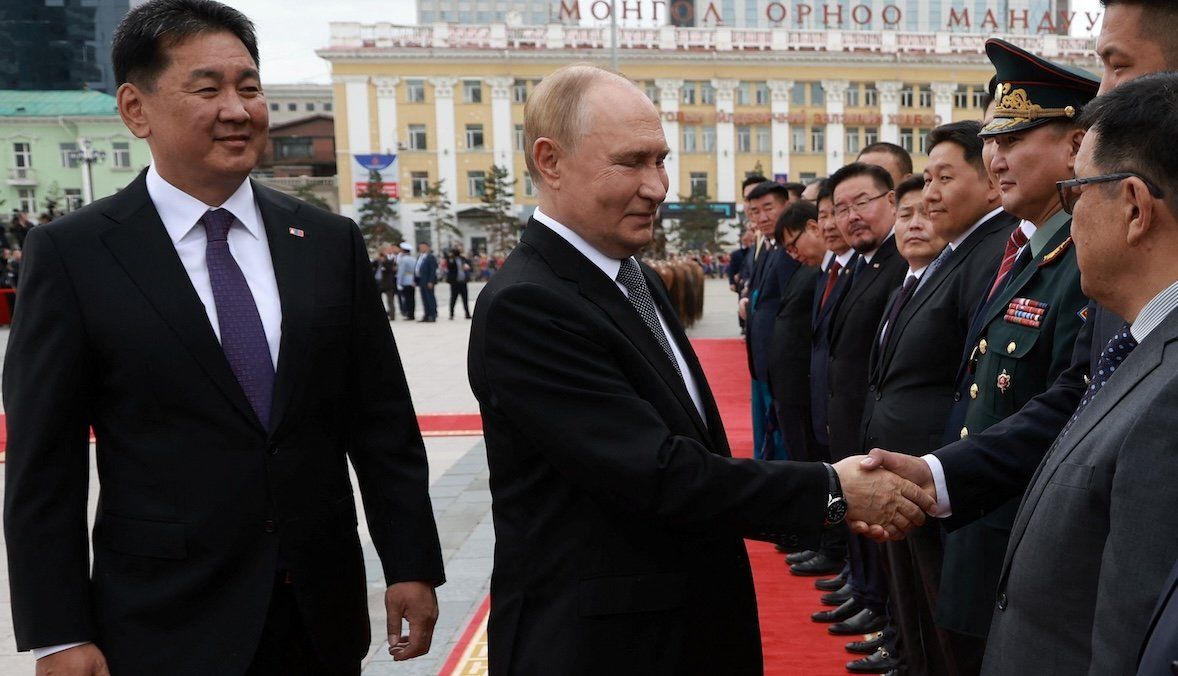1: Russian President Vladimir Putin on Tuesday visited Mongolia, marking his first trip to an International Criminal Court member state since the ICC issued a warrant for his arrest over alleged war crimes in Ukraine. Putin’s visit included a meeting with Mongolia’s president and was met with protests demanding his arrest for war crimes related to the deportation of Ukrainian children. Instead of being arrested, Putin was welcomed with a lavish ceremony.
51: On Monday, a French court in Avignon began hearing a horrific sex abuse case involving 51 defendants, all of whom are accused of raping a woman who was routinely drugged by her husband (he is one of the defendants). The case is bringing to light severe problems with France’s laws surrounding rape, which don’t refer to consent explicitly and sometimes make it hard to convict abusers who use drugs to subdue their victims.
6: A suicide bomber killed at least six people in Kabul on Monday and injured at least 13 others. No one has yet claimed responsibility for the attack, but the Taliban government of Afghanistan is a major rival of the Islamic State, which has carried out past atrocities against civilians under Taliban control.
500,000: Fraternity brothers from the University of North Carolina-Chapel Hill spent over $500,000 dollars raised on GoFundMe to throw a “rager” hosted by conservative country music star John Rich on Monday. The GoFundMe campaign went viral after photos emerged last April of UNC frat brothers holding up a US flag that pro-Palestinian protesters on campus had attempted to take down, instantly making the young men stars on right-wing media.
4: Japan is hardly the first country that comes to mind for work-life balance, with a notoriously grueling work culture that sees most employees working dozens of unpaid overtime hours each month. But Tokyo is looking to change that by encouraging four-day work weeks. The country’s labor department is offering grants and free consulting services targeted at small and medium-sized businesses to help them roll out shorter work weeks — but, so far, only three companies have asked for advice.
200 million: Authorities in Guyana said Sunday that they had seized a record
8,000 pounds of cocaine in a bust of a cache deep in the jungle, with a street value of at least $200,000,000. Guyana is not a producer of cocaine, but traffickers increasingly use its inhospitable jungle as covert staging areas to export the drug, sometimes via homemade submersibles.
